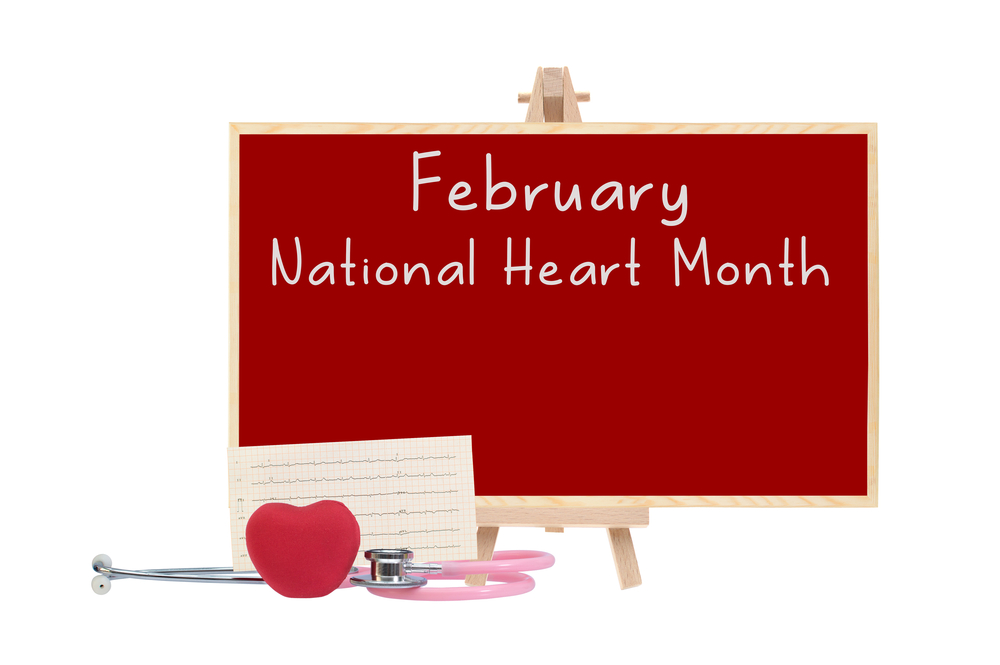Contrary to popular belief, a heart attack isn’t always like what you see on TV, with an older man dramatically clutching his chest before falling to the ground. It can affect men and women of all ages in different ways—sometimes without any chest pain at all. In honor of February being National Heart Month, we at American Baptist Homes of the Midwest felt it was important to shine a spotlight on heart attack warning signs and controllable risk factors.
First, though, what is a heart attack?
HEART ATTACK EXPLAINED
According to the American Heart Association, “a heart attack occurs when the blood flow that brings oxygen to the heart muscle is severely reduced or cut off completely.” Essentially, the arteries become clogged, eventually starving the heart of the oxygen it needs to function properly. It is different from cardiac arrest, which means the heart actually stops beating. While it’s true that a severe heart attack can lead to cardiac arrest, they aren’t the same thing. A heart attack is a circulation problem and cardiac arrest is an electrical problem. Cardiac arrest can be reversed if—within minutes—CPR is performed and a defibrillator is used to shock the heart back to its normal rhythm. Minutes can make all the difference in restoring circulation to the heart. Whatever you do, don’t ignore the pain and hope it will go away.Trust your intuition and get help right away. Pain should be respected. It’s proof that something is wrong.
According to the American Heart Association, call 911 if you feel:
- Chest discomfort: If you have discomfort in the center of your chest lasting more than a few minutes—either an uncomfortable squeezing, pressure, or pain—get to a hospital.
- Pain or discomfort radiating down one or both arms, irregular pain in the lower or upper back (indicating stress to the heart muscle), neck, jaw, or stomach. The reason you might feel pain in one of these spots rather than in your heart is because of nerve proximity. This is called “referred pain.” Your brain is confusing those signals and thinks the heart’s pain is the jaw (or back, or neck), calling for help.
- Shortness of breath: If you feel like you ran a race and you didn’t do anything out of the ordinary, this is a red flag. Blocked blood flow to the heart can affect your breathing, whether you feel this way upon waking up, walking up a flight of steps, or going about your typical daily routine. If you suddenly feel like you can’t catch your breath and you didn’t feel that way before when doing the same types of activities, alarm bells should be sounding.
- Breaking out in a cold sweat, feeling nauseous or vomiting, feeling dizzy or light-headed, or experiencing extreme fatigue. These symptoms often affect more women than men who mistakenly diagnose themselves with the flu. The difference? These symptoms are typically extreme, sometimes accompanied by heart burn or chest pressure.
If you think you’re having a heart attack, call 911 and say, “I’m having a heart attack.” Don’t try to drive to the nearest hospital. Chew an uncoated aspirin and wait for help to arrive.
RISK FACTORS
The more risk factors you can keep in check, the less likely you are to have a heart attack. Protect your heart at all stages of life through doing the following:
Exercising: Move your body at least 30 minutes a day. Start by walking, strength training, or stretching. You are never too old to exercise. If you have a chronic condition, though, be sure to get sign-off from your physician.
Eating right: Fuel your body with fruits, vegetables, plant-based proteins, whole grains, low-fat dairy, poultry, and fish. Eat less salt. Watch portion sizes. Limit the junk food.
Keeping your weight down: Do you know your body mass index? If not, you can figure it out on this handy BMI calculator.
Quitting smoking. Just one year after quitting, you’ll reduce your risk of coronary heart disease by 50 percent.
Knowing your numbers: High blood pressure, high cholesterol, and diabetes are all risk factors for cardiovascular disease. Know your numbers.
Heart disease isn’t an inevitable part of aging. By knowing the signs and symptoms of cardiovascular disease—and the importance of controllable heart-healthy habits—you can protect your heart long into the future.
American Baptist Homes of the Midwest has senior living communities in Harlan, Iowa; Denver, Colorado; Omaha, Nebraska; Albert Lea, Minnesota; Sioux Falls, South Dakota; and Milwaukee; Wisconsin. Our mission is to create healthy Christian communities that empower older adults, families, and people with disabilities through providing choices for housing, services, and technology that enrich body, mind, and spirit.

Comments are closed.